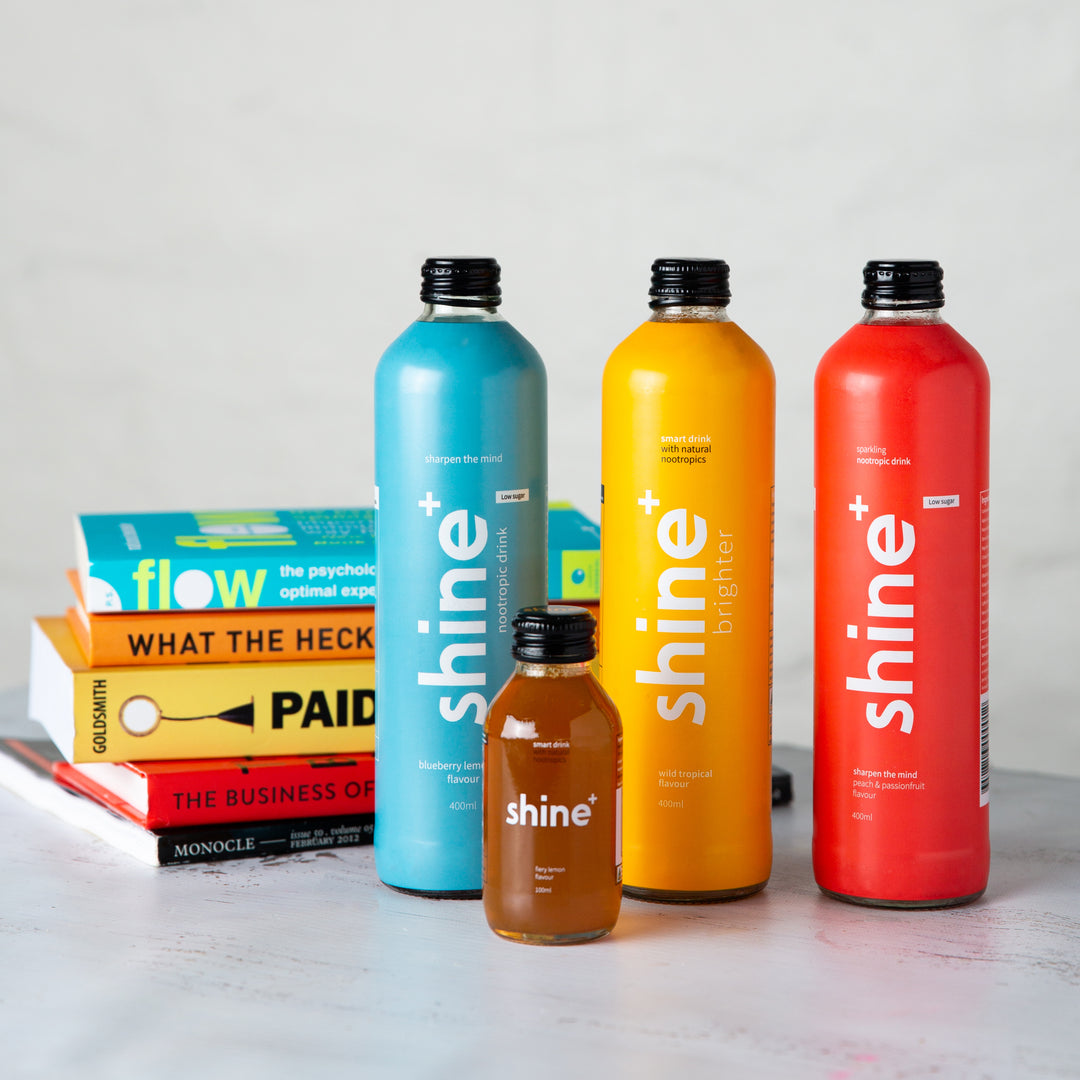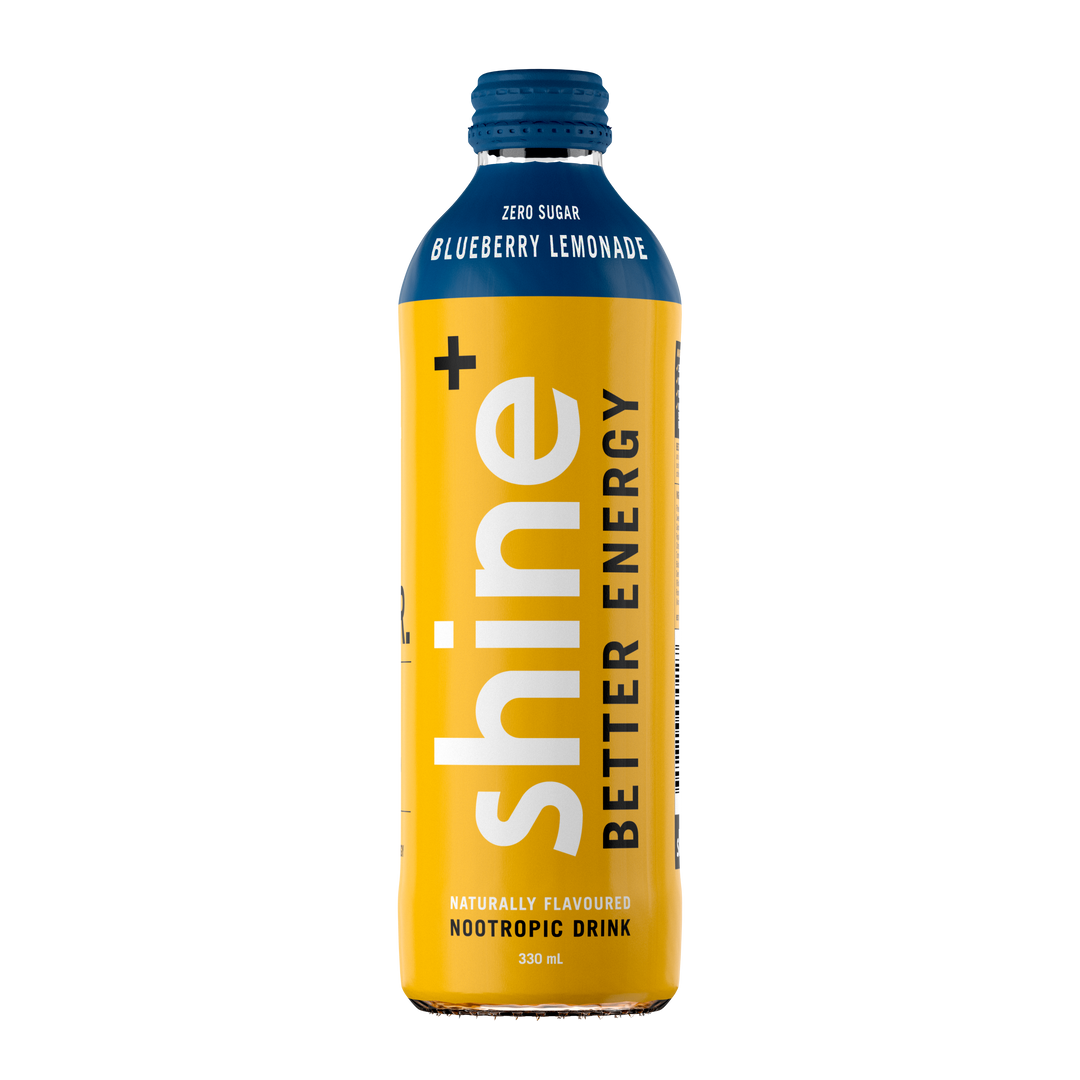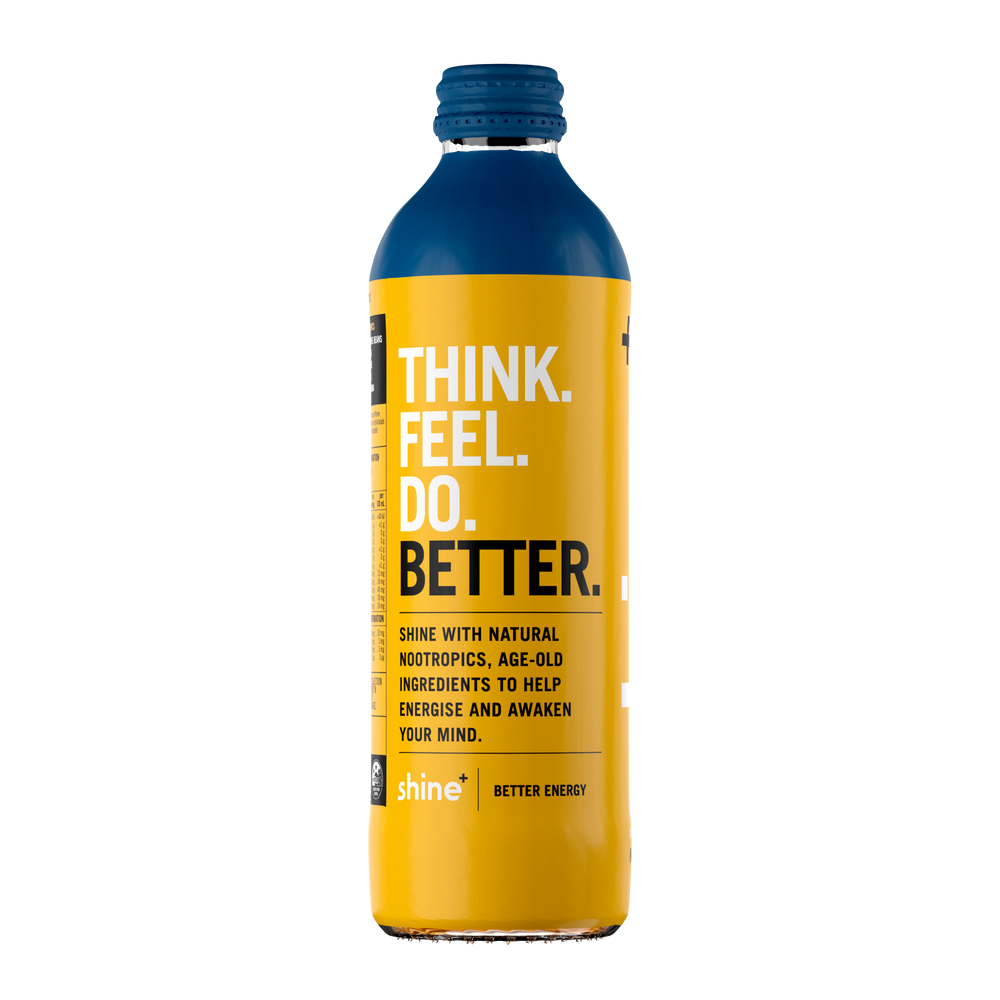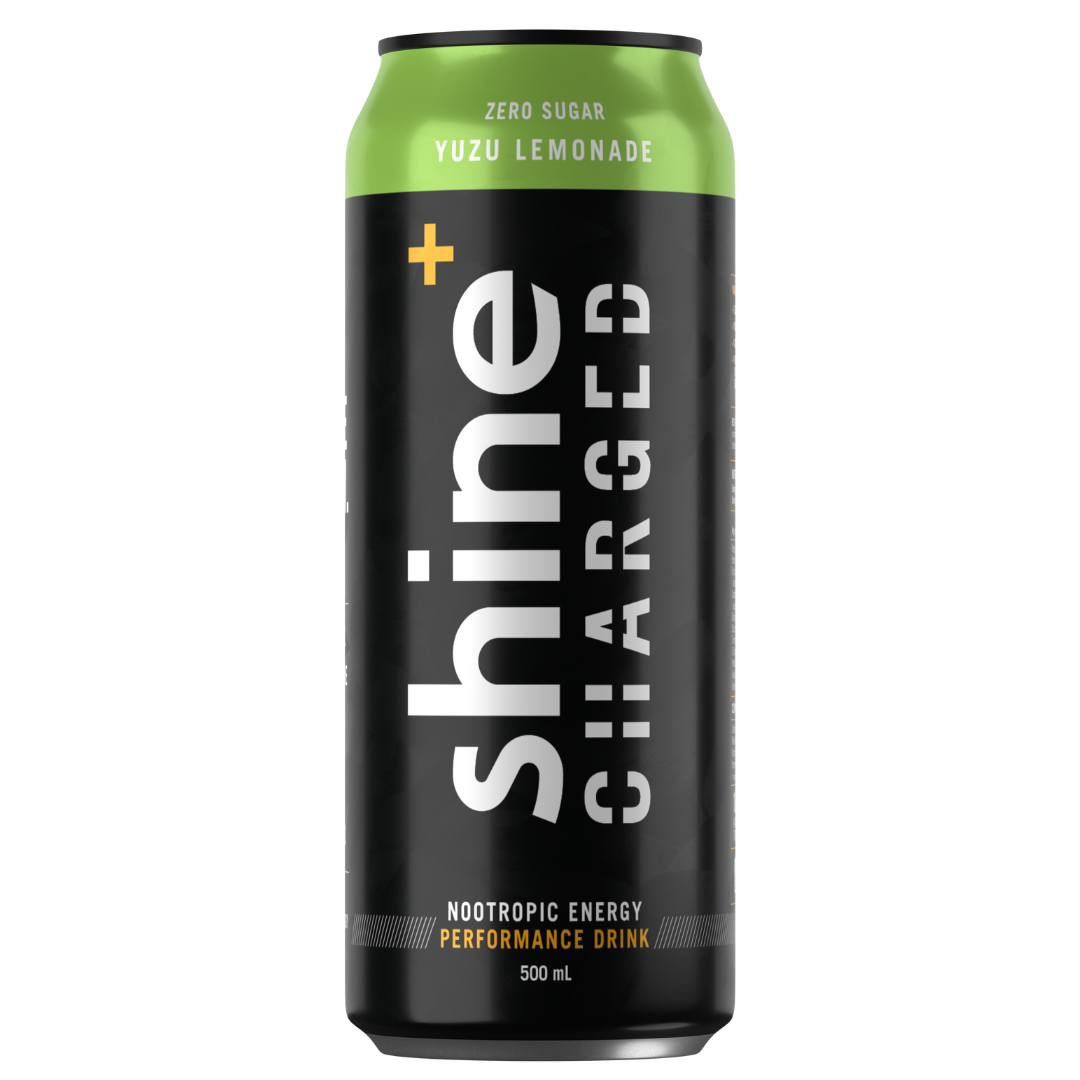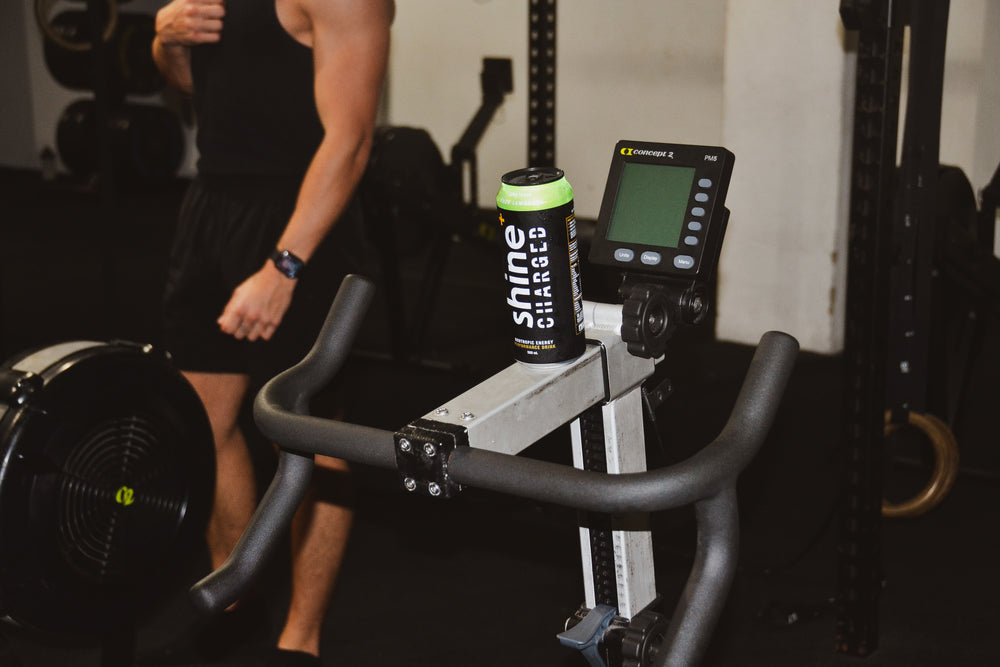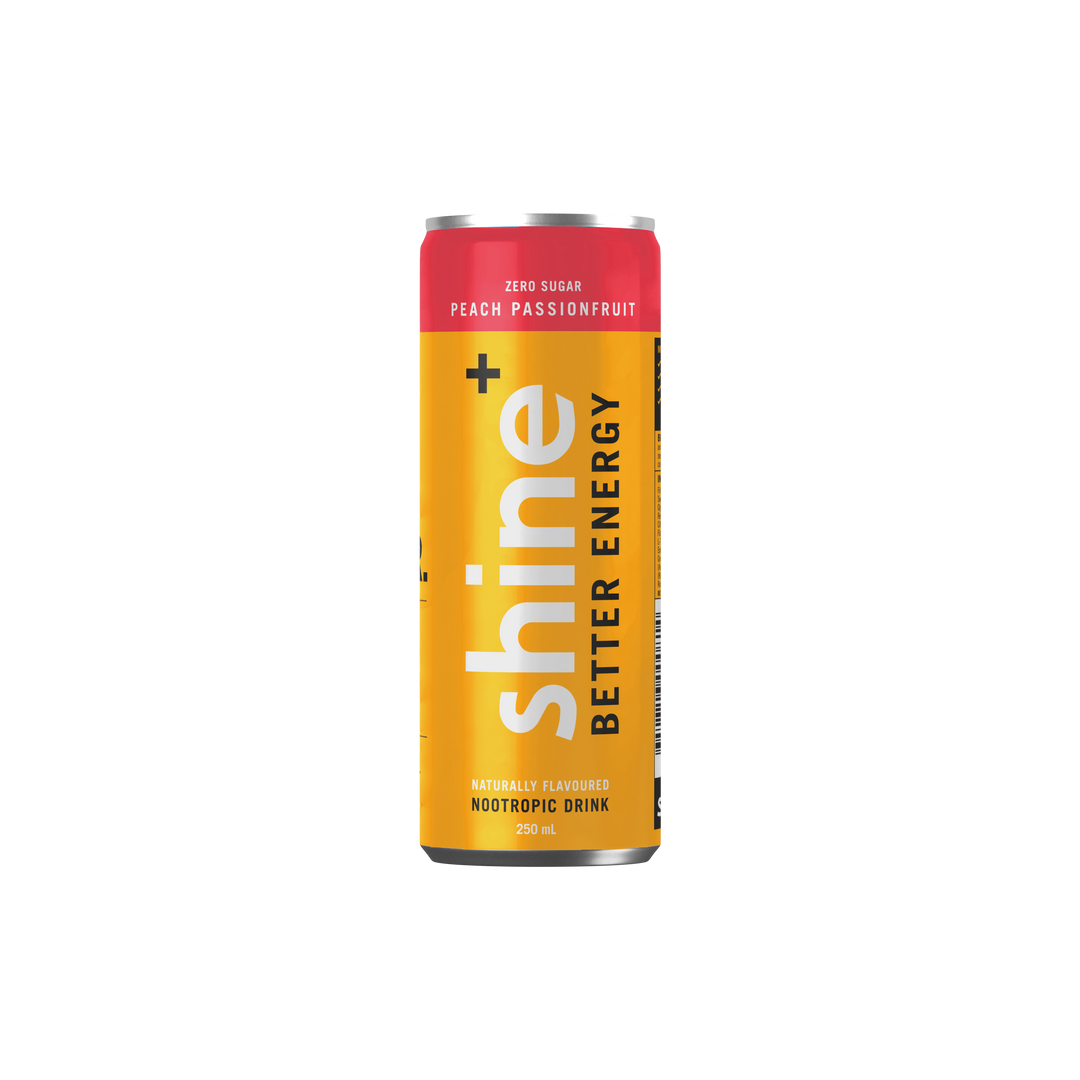WHAT’S THE DEAL WITH CAFFEINE SHAMPOO?
If you clicked onto this article, I'm sure you’re also curious. Caffeine Shampoo? What does that do? That’s what I thought when I noticed it sitting in the hair care section at the pharmacy.
Caffeine has been a staple in the morning routine of many around the world. Depending on the type, each standard cup of coffee contains roughly 82 milligrams of caffeine. Tea, energy drinks and a variety of soft drinks also contain a certain amount of caffeine. It is commonly used to improve focus and general alertness.
As I later discovered, caffeine may also be able to treat hair loss.
So what's the deal with hair loss?
Hair loss is said to affect over 50% of the male population as they grow older (Bussoletti, Mastropietro, Tolaini and Celleno, 2011). Androgenetic alopecia is the name given to hereditary hair loss. The regression process occurs due to changes in the normal hair-growth cycle and the follicle cell begins to die (Cotsarelis and Millar, 2001). Hair loss in women is normally a side effect of menopause.
Where is the evidence?
A 2007 study showed results of increased hair growth in hair follicles after being treated with caffeine. As little as 0.001% and 0.005% of caffeine allowed the destruction of hair follicles used in the experiment to reverse (Fischer, Hipler and Elsner, 2007).
According to Live Strong, consuming caffeine can allow it to reach the hair follicles by travelling through the bloodstream after a period of time. Being directly applied to the head in the form of a shampoo, however, can allow it to reach the hair follicles faster. This was tested by another study from 2007, which suggested that the shampoo also allowed the caffeine to stay in the blood for hours (Otberg, Teichmann, Rasuljev, Sinkgraven, Sterry and Lademann, 2007).
Another study from 2011 reported that an experiment involving 40 men who are experiencing hair loss showed a 75% success rate after two months of treatment using caffeine enriched lotion. This rose to 83% after four months. The hair was said to become stronger as the hair loss began to cease (Bussoletti, Mastropietro, Tolaini and Celleno, 2011).
The impact of caffeine has been tested on both male and female hair follicles. The results of a study from 2014 said, while female hair follicles were more sensitive to the caffeine, they were shown to support the claim that it promotes potential for hair growth for both genders (Fischer et al, 2014).
But is there such a thing as too much caffeine?
Apparently, there is. The Wall Street Journal mentions that other studies have found that too much caffeine may have adverse effects on hair. According to the article, clinical instructor Dr. Ingrid Roseborough says it is difficult to “predict exactly how much is too much” without the right information.
To be continued...
Although this theory is fascinating to hear, it’s worth noting that it has not been completely investigated or confirmed to be true yet. Still, it’s an interesting theory to share over an early morning coffee before work.
WORDS BY JESSICA TESTA
Journals:
Bussoletti, C., Mastropietro, F., Tolaini, M. V., & Celleno, L. (2011). Use of a cosmetic caffeine lotion in the treatment of male androgenetic alopecia. J Appl Cosmetol, 29, 167-80.
Cotsarelis, G., & Millar, S. E. (2001). Towards a molecular understanding of hair loss and its treatment. Trends in molecular medicine, 7(7), 293-301.
Fischer, T. W., Herczeg‐Lisztes, E., Funk, W., Zillikens, D., Bíró, T., & Paus, R. (2014). Differential effects of caffeine on hair shaft elongation, matrix and outer root sheath keratinocyte proliferation, and transforming growth factor‐β2/insulin‐like growth factor‐1‐mediated regulation of the hair cycle in male and female human hair follicles in vitro. British Journal of Dermatology, 171(5), 1031-1043.
Fischer, T. W., Hipler, U. C., & Elsner, P. (2007). Effect of caffeine and testosterone on the proliferation of human hair follicles in vitro. International journal of dermatology, 46(1), 27-35.
Otberg, N., Teichmann, A., Rasuljev, U., Sinkgraven, R., Sterry, W., & Lademann, J. (2007). Follicular penetration of topically applied caffeine via a shampoo formulation. Skin pharmacology and physiology, 20(4), 195-198.


